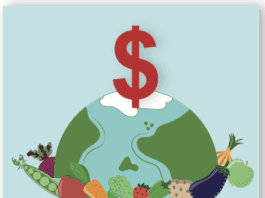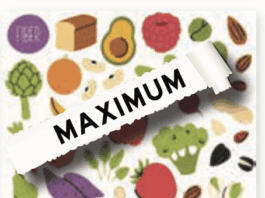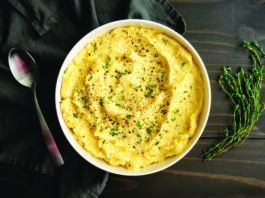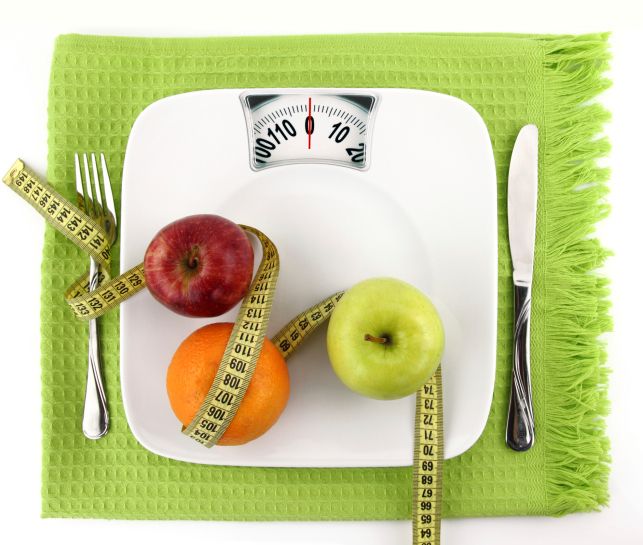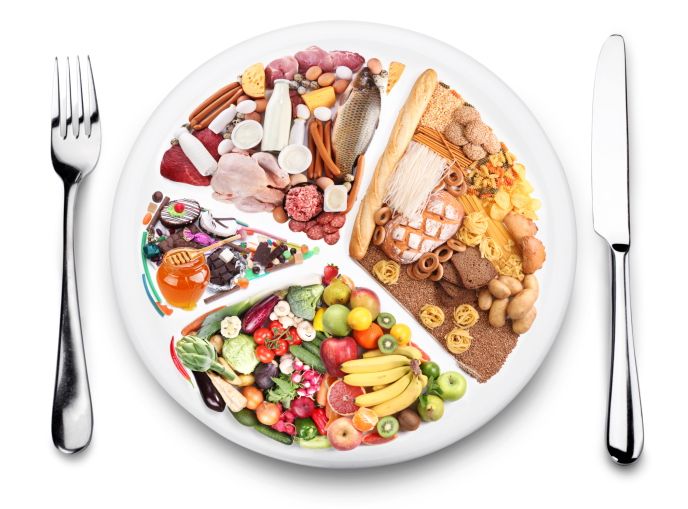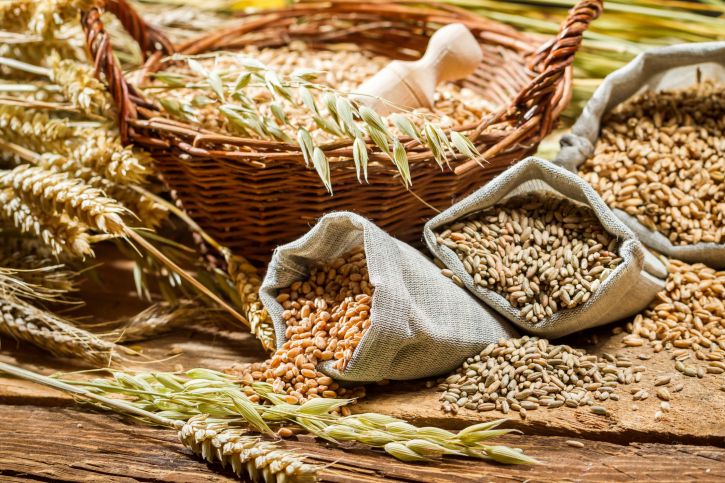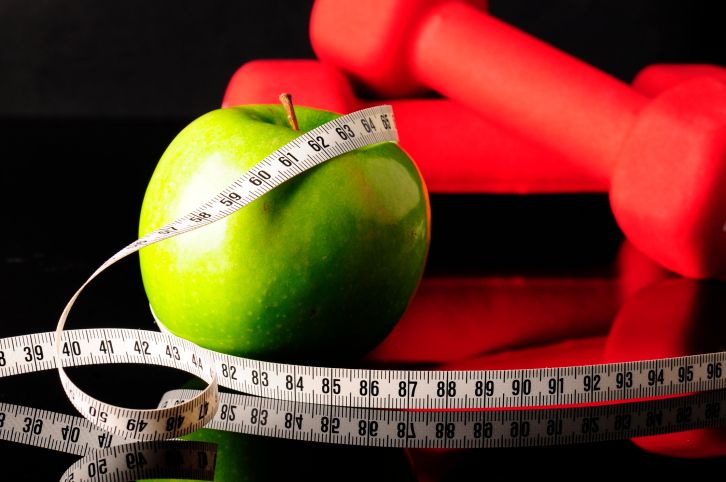Weight-Loss Math Not So Simple
If youve ever tried to lose weight, you know the formula: 3,500 calories equal one pound
Half of US Obese by 2030
The urgency of cutting calories (however many it takes) was underscored by another new report
Weight Watchers Beats Conventional Healthcare for Weight Loss
The Weight Watchers program works better than primary-care management for weight loss, according to a new randomized trial
Secrets of Keeping Off the Weight You Lose
Despite the talk of yo-yo dieting, it is possible to lose weight and keep most of it off
SuperTracker Puts MyPlate to Work
Positive messages replace avoidance emphasis.If your New Years nutrition and fitness resolutions are starting to flag, the US Department of Agriculture (USDA)
7 Surprising Findings About Exercise and Your Health
Even the experts sometimes need a little nudge to get exercising. Miriam E. Nelson, PhD, director of Tufts John Hancock Research Center on Physical Activity
Doctors Own Weight Affects Treatment of Overweight Patients
Is your doctor overweight? The answer may make a difference to your own weight issues
If Youre Overweight, Low-Glycemic Diet Could Be Healthier
Not all carbohydrates are the same for overweight individuals, for whom a low-glycemic
Theory vs. Practice: What Works for Weight Loss
If youve been following what experts have been saying about weight loss lately, you might be tempted to just throw up
Weight Lifting Could Pump Up Your Brain
Pumping iron might be good for your aging brain as well as your muscles, according to a new study of older






















